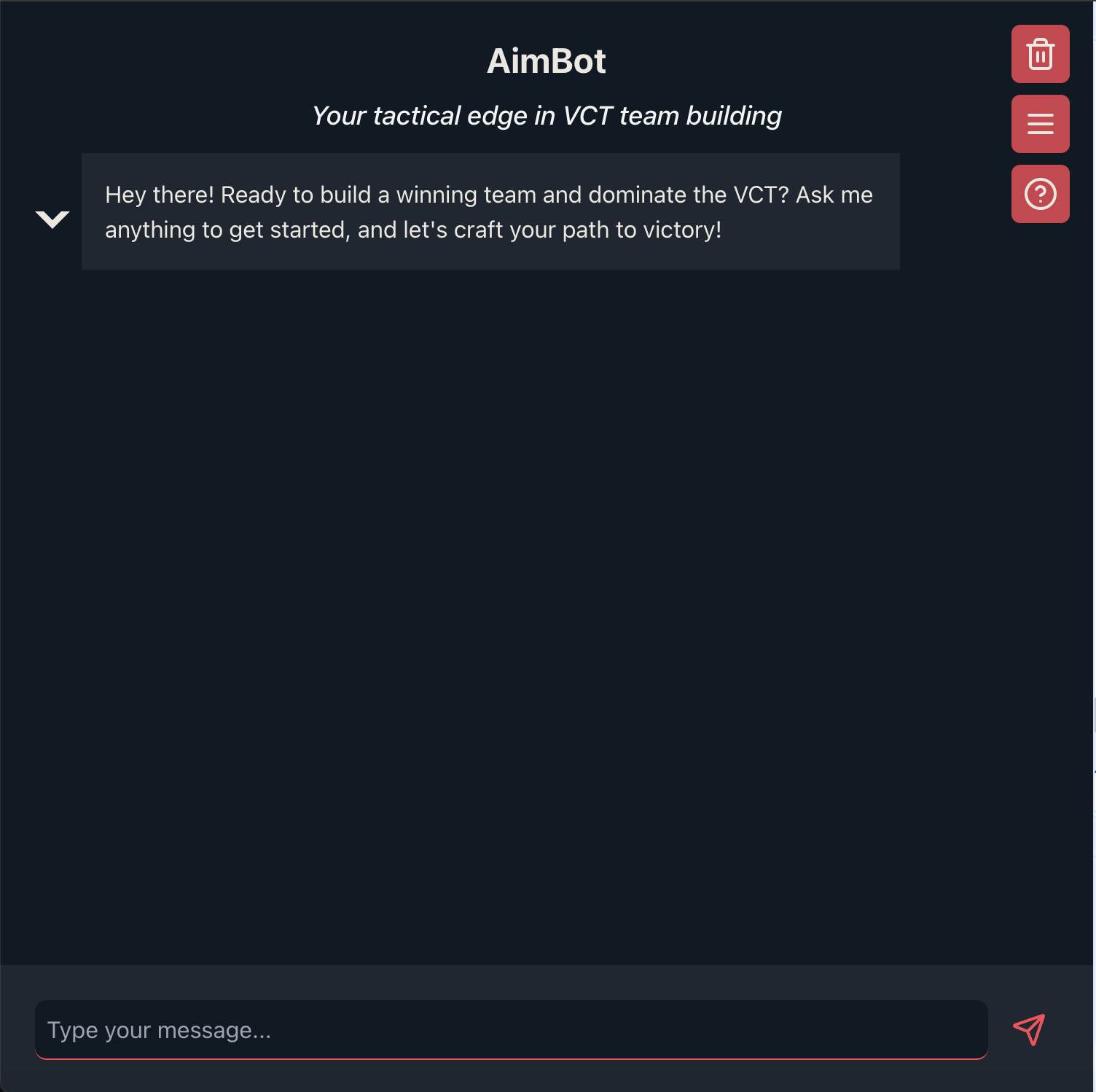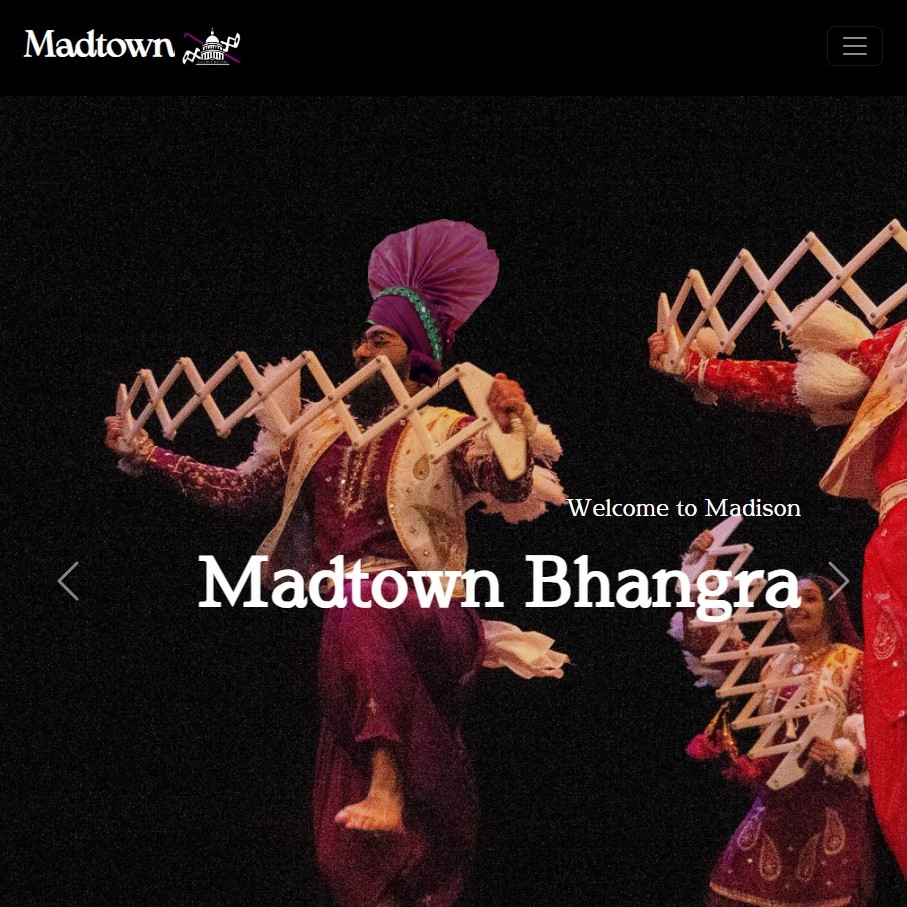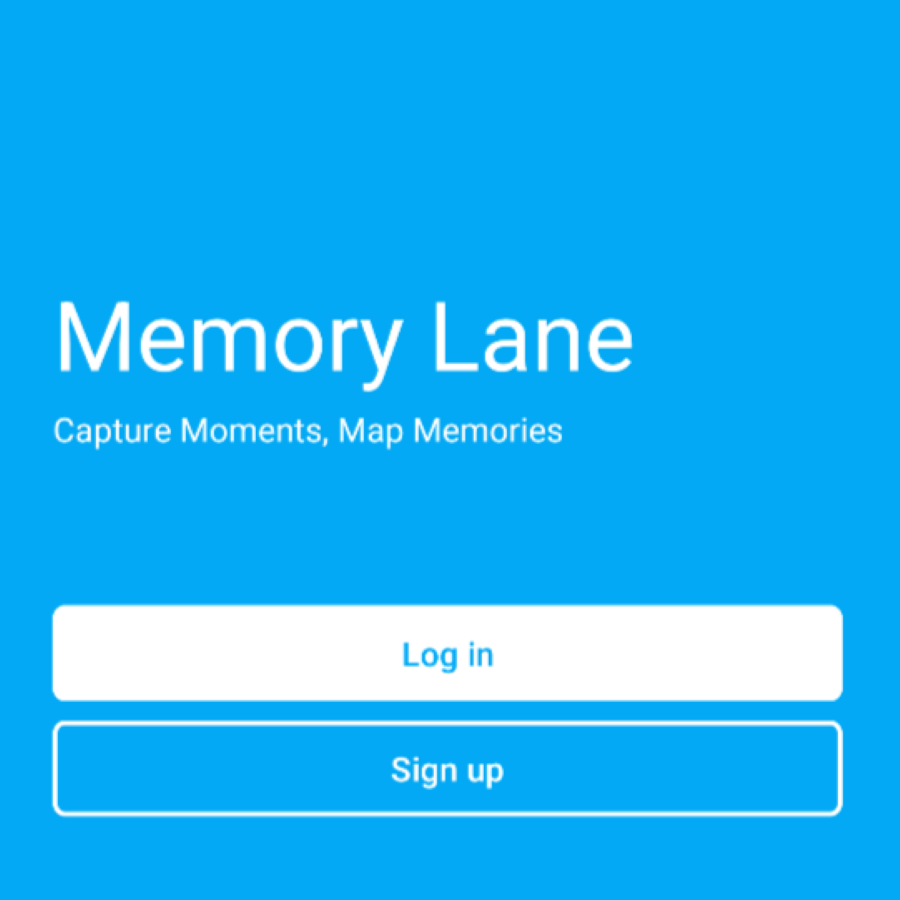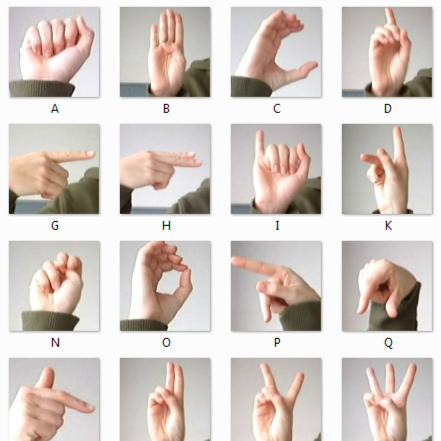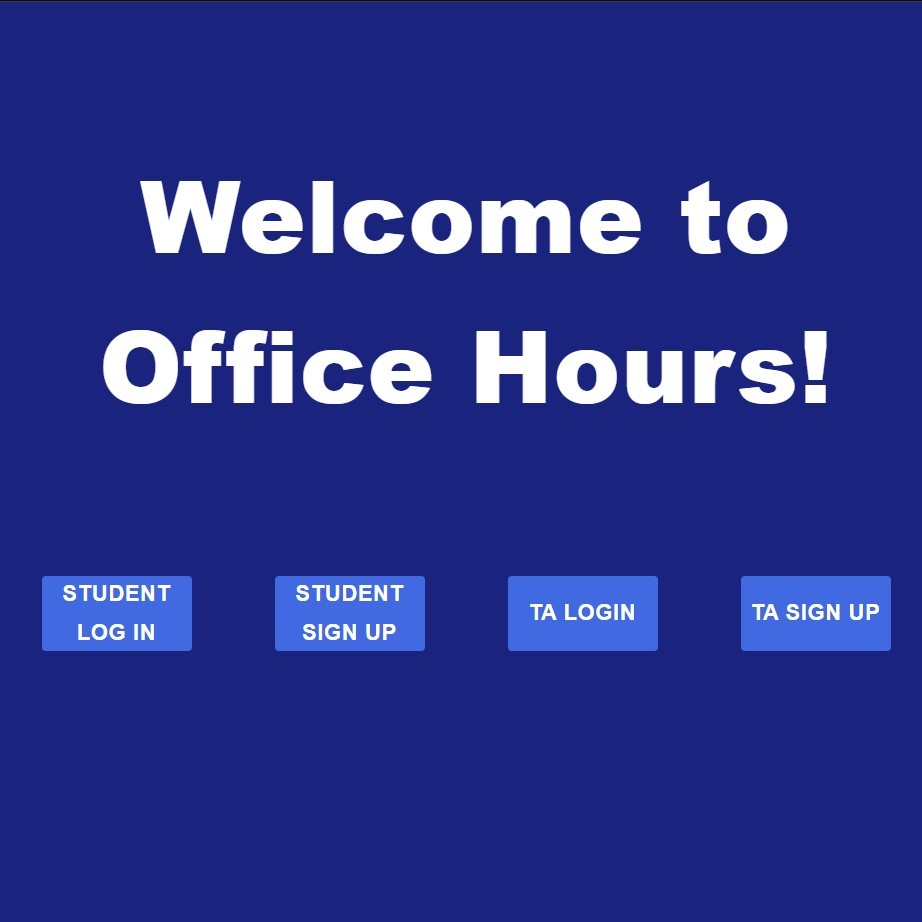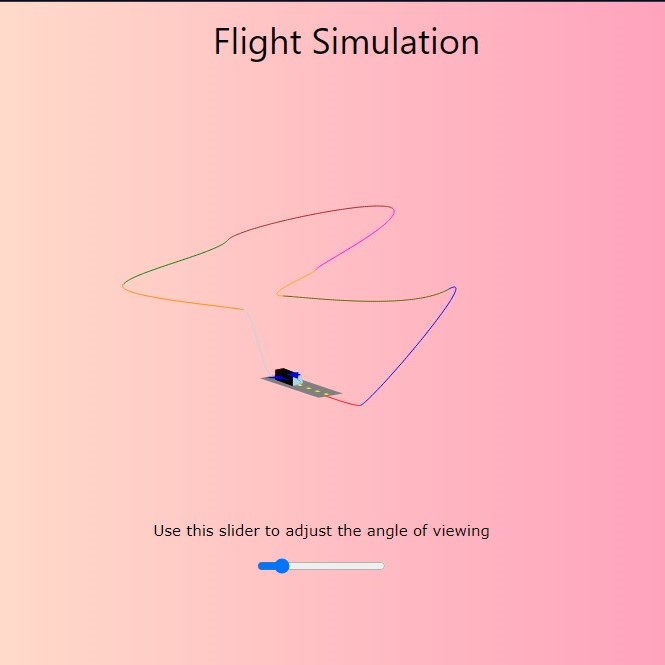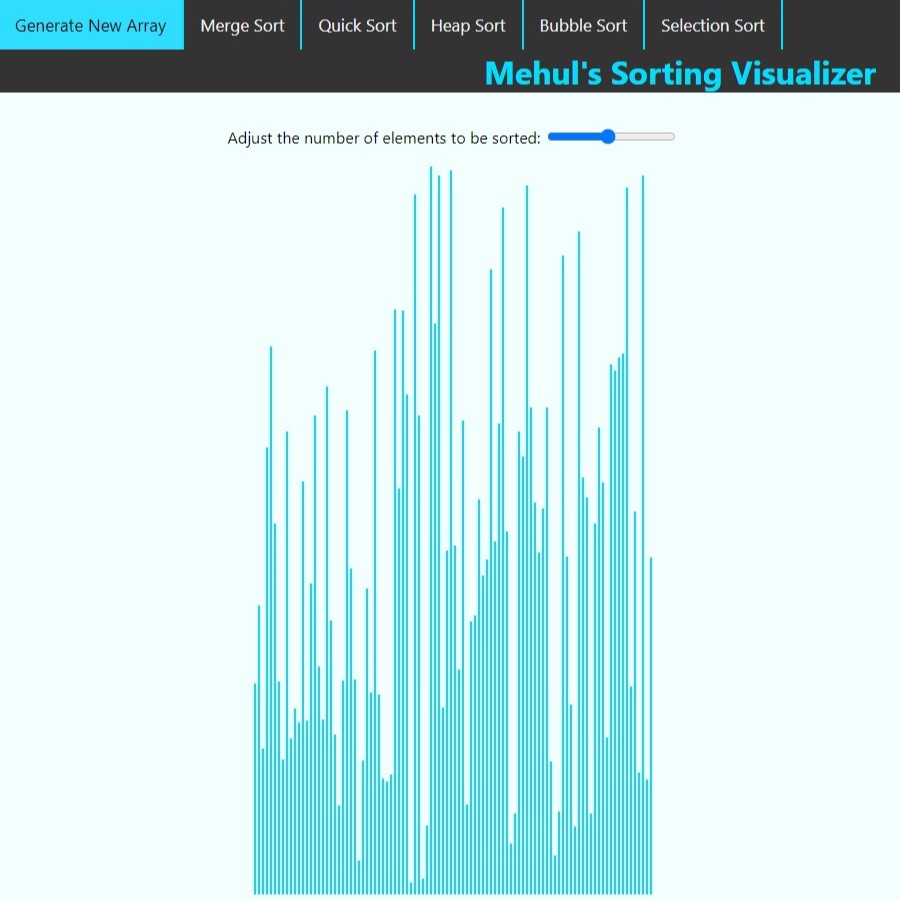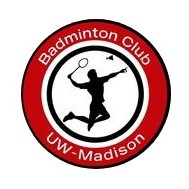Experience
MLE Intern
Typeface.ai
Jun 2025 - Sep 2025

Built evaluation frameworks to assess generated textual content, and simulated end-to-end user interactions. Used for regression testing and pre-empting tickets in daily evaluation reports consumed by CEO, CTO, and all tech leads to ensure reliability of MAS routing and content generation agents.
- Implemented critique-orchestrator MAS workflows with scalable systematically created datasets; supported both LLM-as-judge and deterministic evaluations; integrated with LangChain for dataset and workflow management.
- Used to clarify agent/tool boundaries and generate dozens of actionable tickets across ML teams and modalities.
- Automated evaluation via Azure DevOps Pipelines.
Deployed customer-facing metrics end-to-end, enabling data-driven content revision and AI explainability.
- Replaced existing subjective LLM-as-judge evaluations with deterministic, reproducible metrics.
- Integrated content evaluation tools on a production VM, generating insights on live textual data (e.g., Comcast) for leadership and engineering teams.
Research Assistant @ Q Lab
Collaborating with Ph.D. student Isadora White
Under Professor Lianhui Qin at UCSD
Dec 2024 - Present
Created MineCollab, a multi-agent collaboration benchmark in an embodied open-world environment.
- Designed and deployed high-rigor construction tasks to systematically evaluate collaboration skills of foundational models.
- Developed a procedural generation system for dynamic blueprint creation, ensuring diverse and challenging environments for agents.
- Implemented scalable pipelines enabling agents to interact with the environment through advanced prompting techniques.
- Collaborated cross-functionally with research and engineering teams to ensure robust integration and platform performance.
Research Assistant @ Coding for Social Good Lab
Collaborating with Ph.D. students Nazanin Sabri and Jude Rayan at UCSD
Jan - Feb 2025
Audio Simularca: A platform to train conversation facilitators by simulating realistic human interactions, enhancing communication skills through immersive, AI-driven dialogue scenarios.
- Designed and optimized a Multi-Agent System (MAS) using Hugging Face and LLaMA for real-time conversational audio simulations.
- Integrated SoTA MAS techniques, reducing resource costs for facilitator training.
Research Assistant @ Collaborative Computing Group
Under Professor Jacob Thebault-Spieker at the University of Wisconsin-Madison
Sep 2023 - Oct 2024
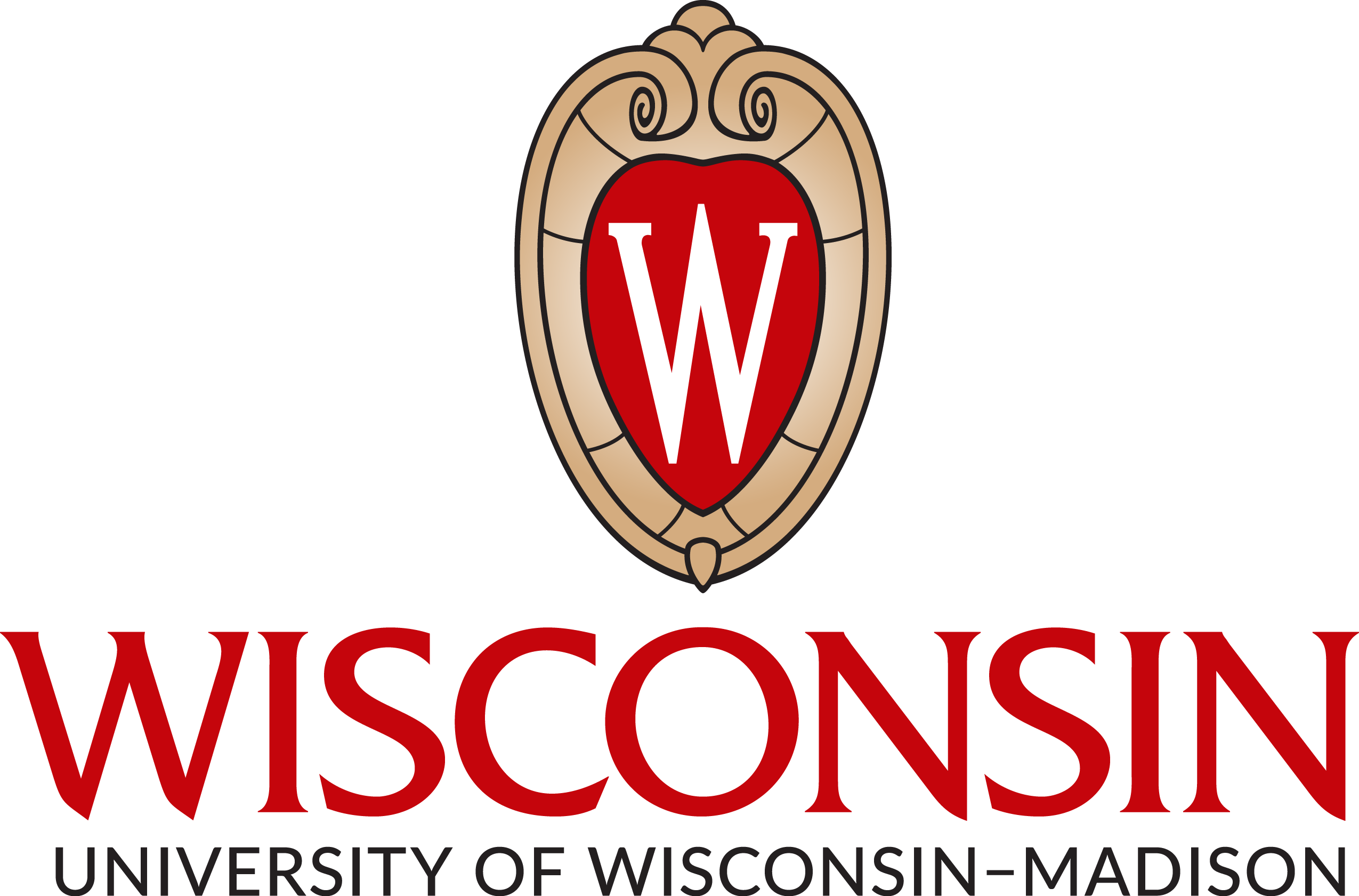
This platform streamlines the process of creating 5-star rating experiments to investigate disparities in gig work economies. It contributes to a long-term goal for social computing, embracing meta-analysis by providing a platform to generate studies.
- Published research as the first author.
- Independently developed a full-stack platform to streamline experiment creation for researchers, automating the process of creating and analyzing multiple experiments simultaneously to facilitate meta-analysis and bridge information gaps.
- Developed dynamic frontend pages and implemented scalable database structures to model the complexities of distinct experiments, stimuli, and participant responses.
- Used AWS’s Mechanical Turk APIs, EC2’s Virtual Machines, and Route 53.
- Migrated the database from SQLite to PostgreSQL after identifying shortcomings in the production environment.
Technology Development Intern
Optum
2022-2023

Second Internship
- Automated reusable de-identifying processes for test data, eliminating the need for third party software, such as informatica. Tech stack included React, SpringBoot, Rally, Kubernetes, and Docker.
- Automated backlog reporting data analysis for stakeholders. Tech stack included Java with Maven, Power BI, and Sharepoint.
First Internship
- Created a website providing stakeholders with relevant information about tech products.
- Assisted in creating an AI which helps diagnose patients with appropriate illnesses.
Overall Tech Stack: React, SpringBoot, Rally, Unix, Rally, Java, Maven, Power BI, Sharepoint, Kubernetes, Docker
Injection Molding Operator
Protolabs
Jun 2021 - Aug 2021

Experienced the struggle of being a factory worker.
Communicated and problem solved handling issues and machine failures.
Research Assistant
Under Professor Victoria Interrante
2018-2019

Spearheaded project proposal, The Field of View’s Associations on Cybersickness in Virtual Reality, which investigated the association between field-of-view and cybersickness with passive control.
Awarded the Minnesota Department of Education's Scholars of Distinction, Meritorious Award.
Instructor
STEM Builders Learning Center
2018-2020
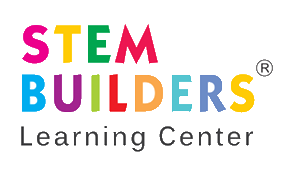
Taught high school students an introduction to object-oriented programming using Java.
Instructed middle school and high school students how to create mobile applications through MIT App Inventor.
Coached middle school students with basic robotics through lego Mindstorm EV3.
Taught high school and elementary mathematics to students from all ages.

